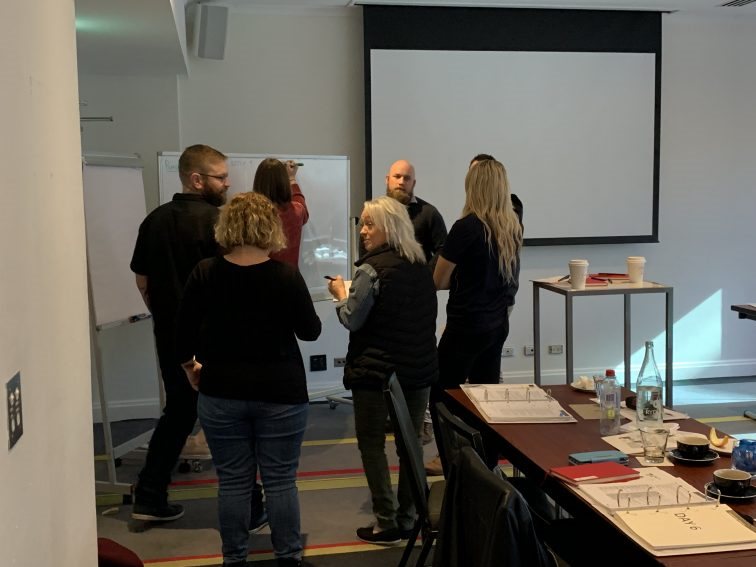
This workshop provides an excellent support for any person looking to better understand and deal with feelings of anxiety, stress and any unwanted behaviour.

Whether you are experiencing low-level anxiety through to high-level anxiety, this workshop provides supportive tools and simple practical strategies that can be applied to feelings of anxiety at any level. This workshop is also aimed at those supporting another person with anxiety including clinicians, professionals and family members wanting to further develop their understanding of anxiety and anxiety related behaviours.
#Res affectus mores pdf#
Strategies that when applied could reverse these alarming statistics!įor more information download the PDF flyer.If death is the final taboo, it might not be for much longer. There has, in recent years, been increasing effort to promote conversations about death and dying, both in the home and in more public settings. For example, death cafes, first launched in Switzerland in 2004, have spread around the world, enabling people to speak about their fears over cake and coffee. Our reluctance to talk about death is often taken as evidence that we are afraid, and therefore suppress thoughts about it.

So what is a “normal” amount of death anxiety? And how does it manifest itself? Experimenting with death However, there is little direct evidence to support that we are.

Judging by studies using questionnaires, we seem more bothered by the prospect of losing our loved ones than we do about dying ourselves. Such studies also show that we worry more about the dying process – the pain and loneliness involved, for example – than about the end of life itself. In general, when we are asked if we are afraid to die, most of us deny it, and report only mild levels of anxiety.


 0 kommentar(er)
0 kommentar(er)
